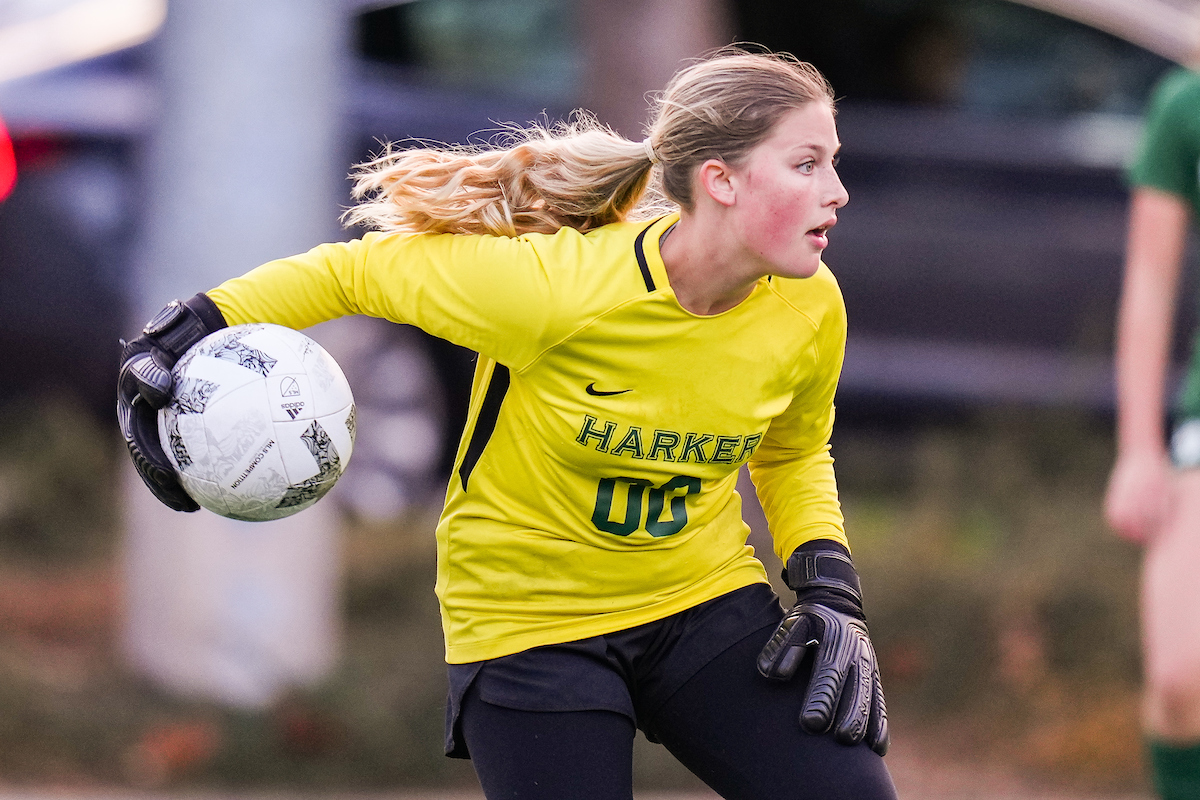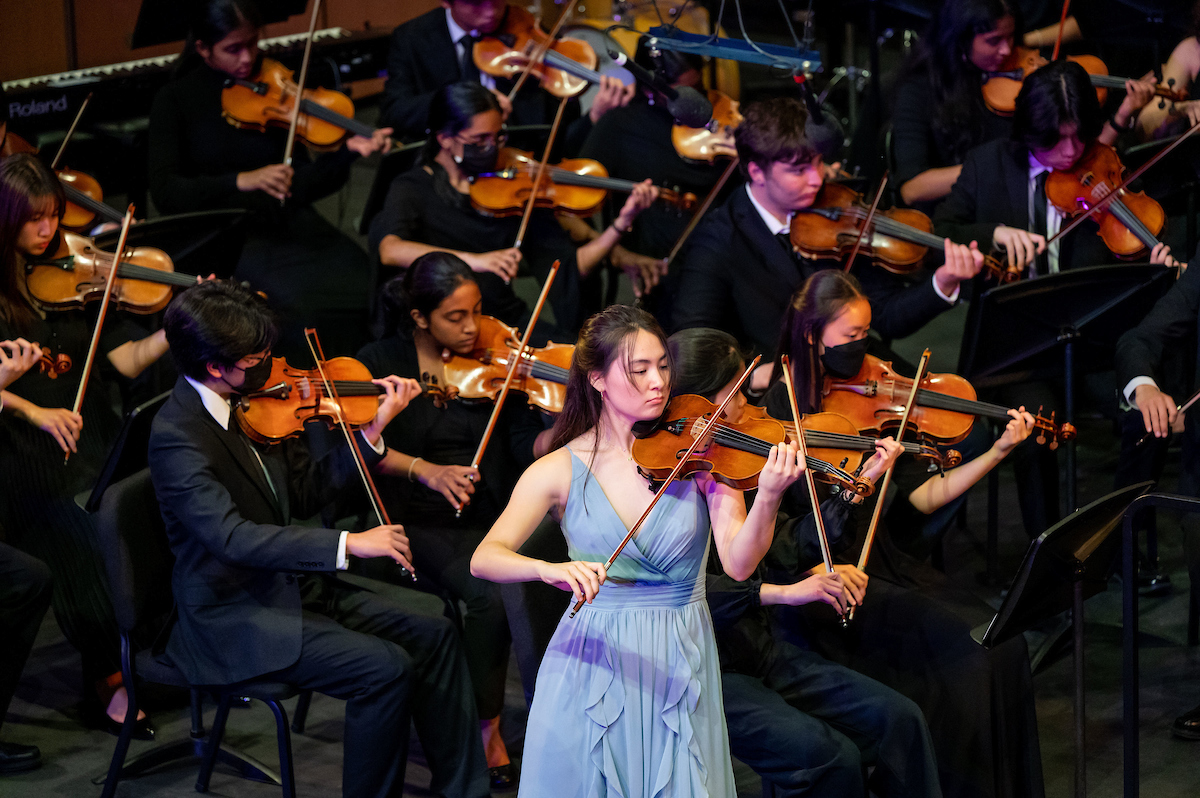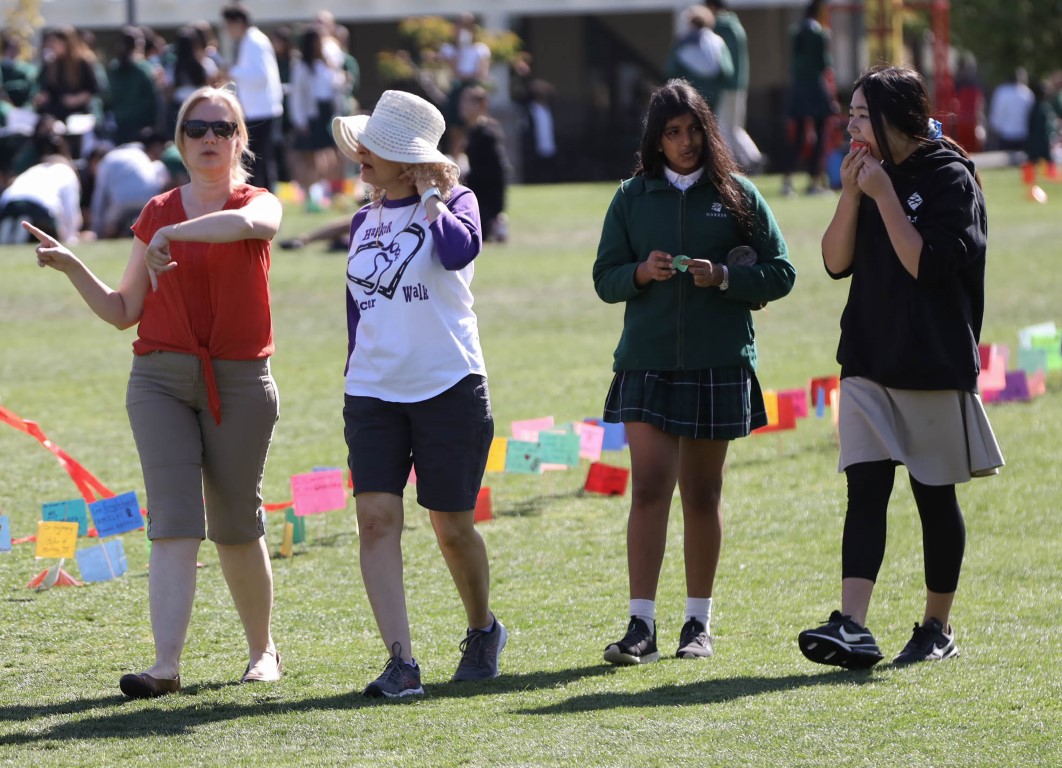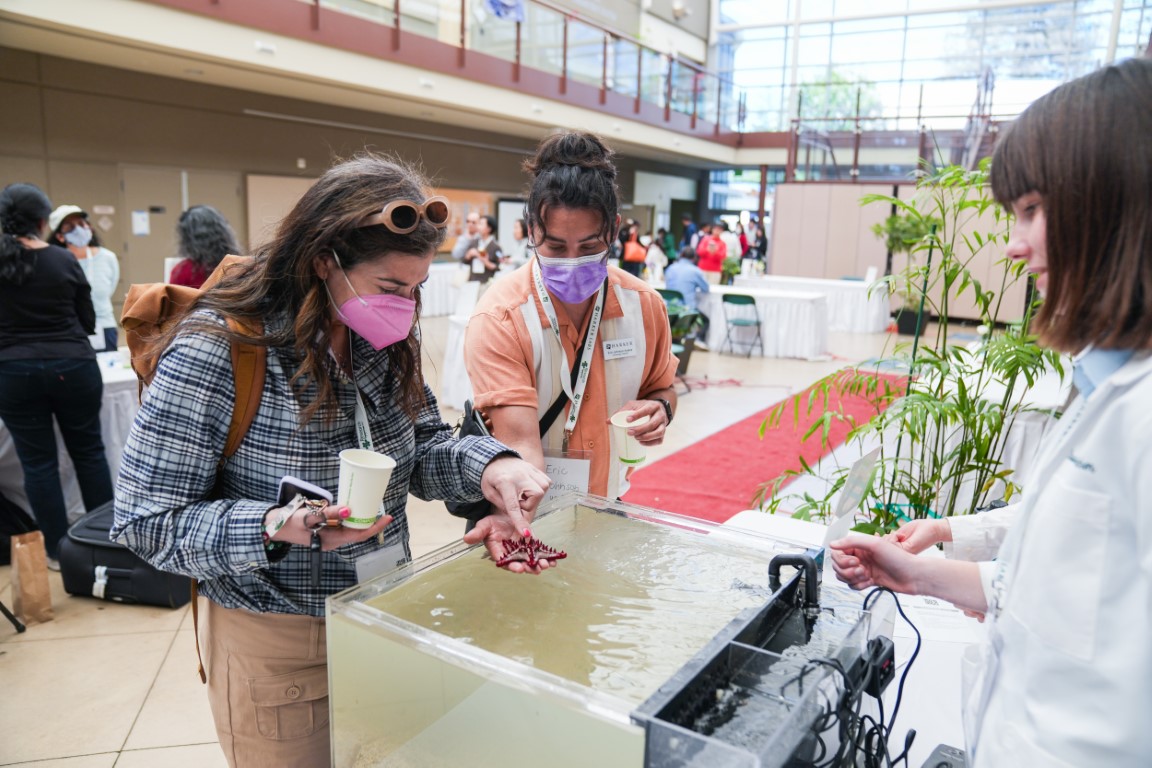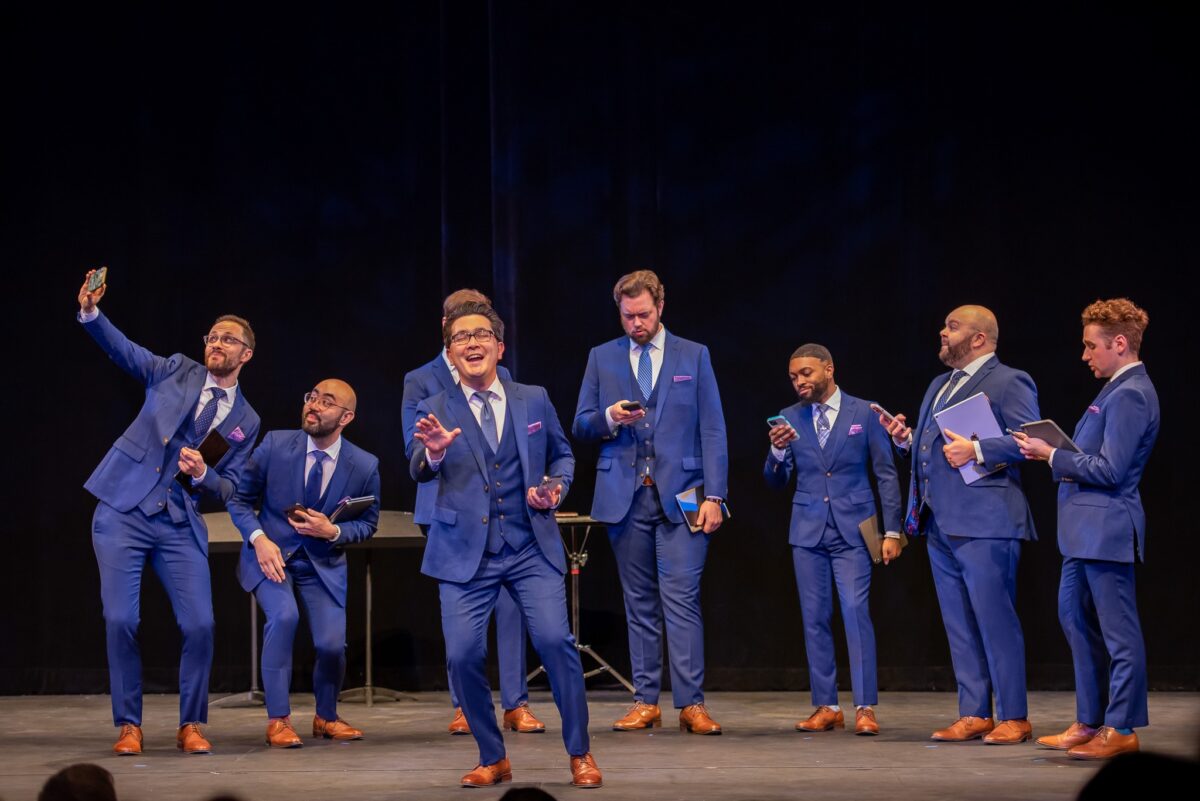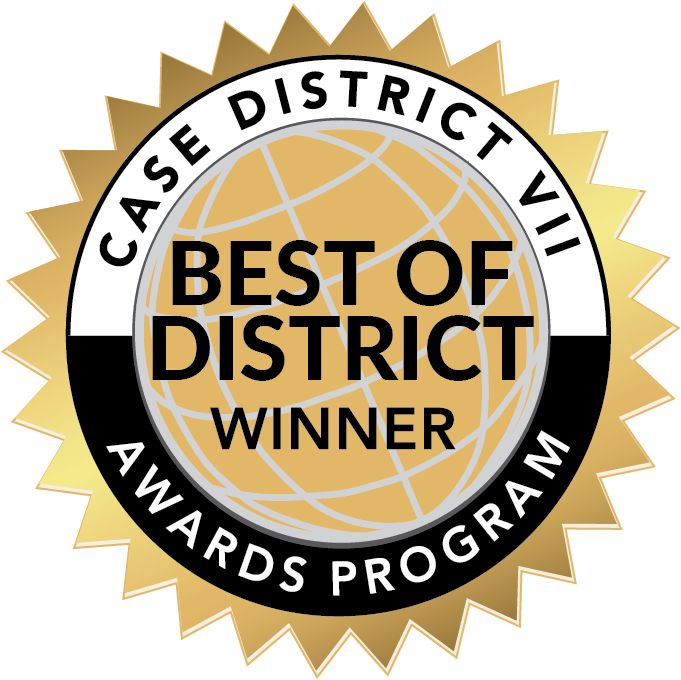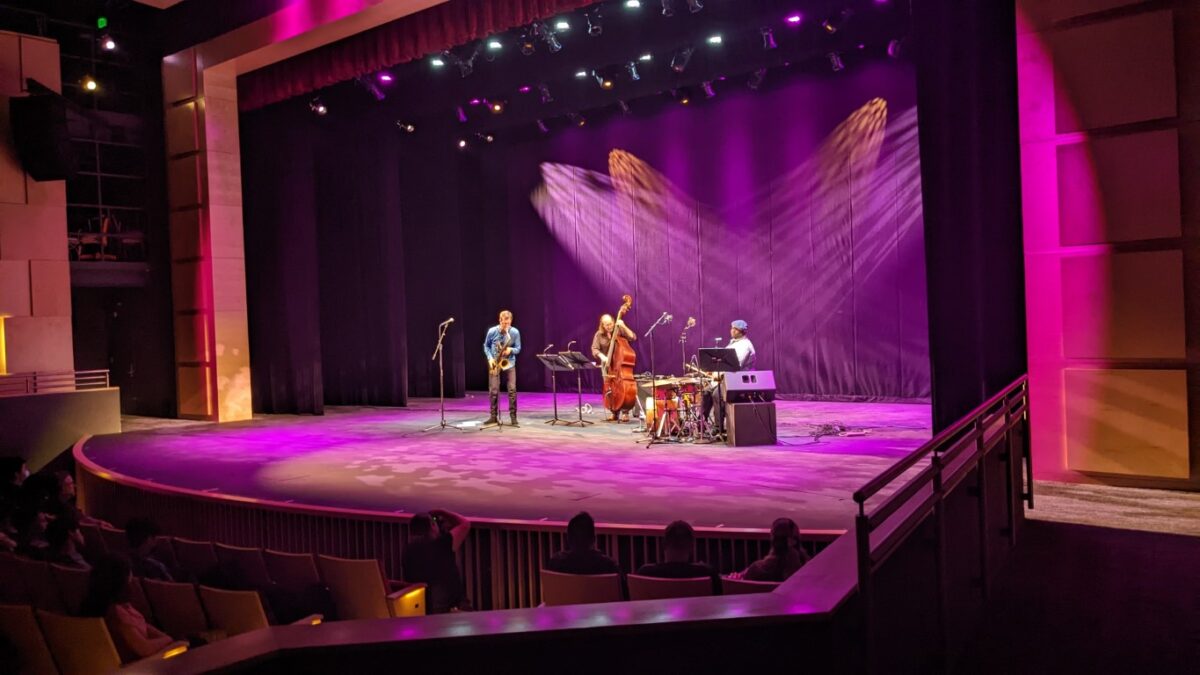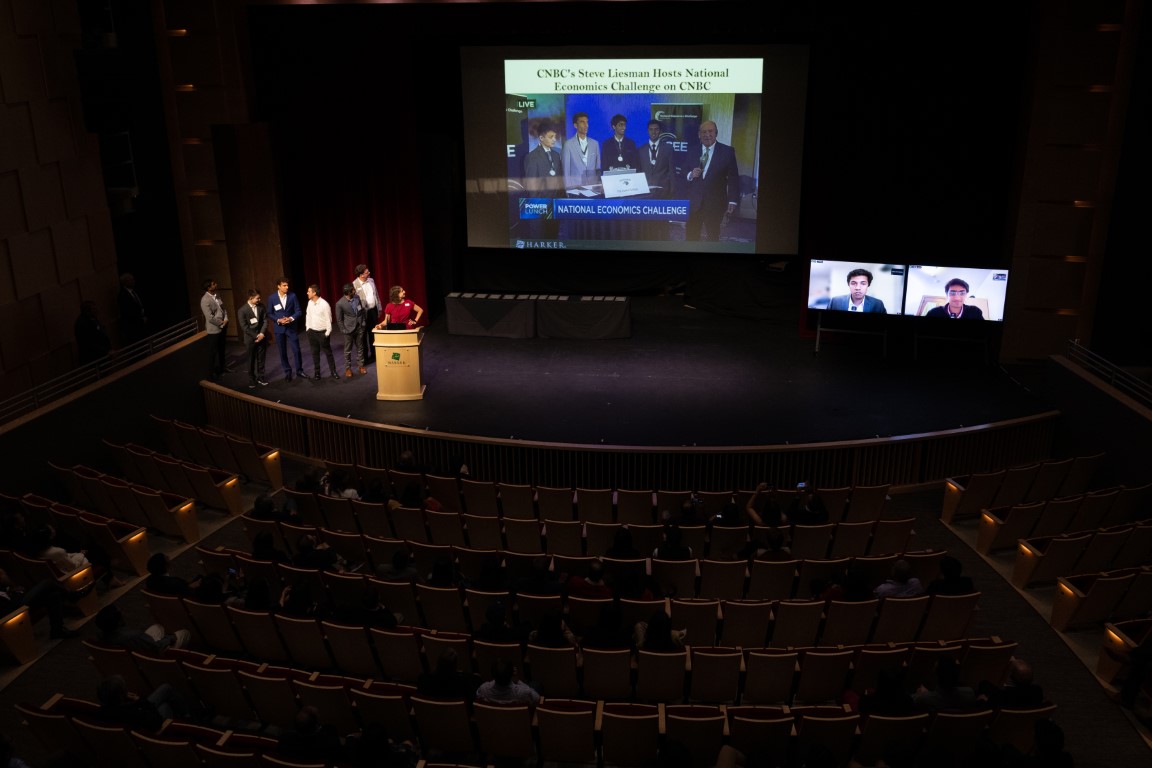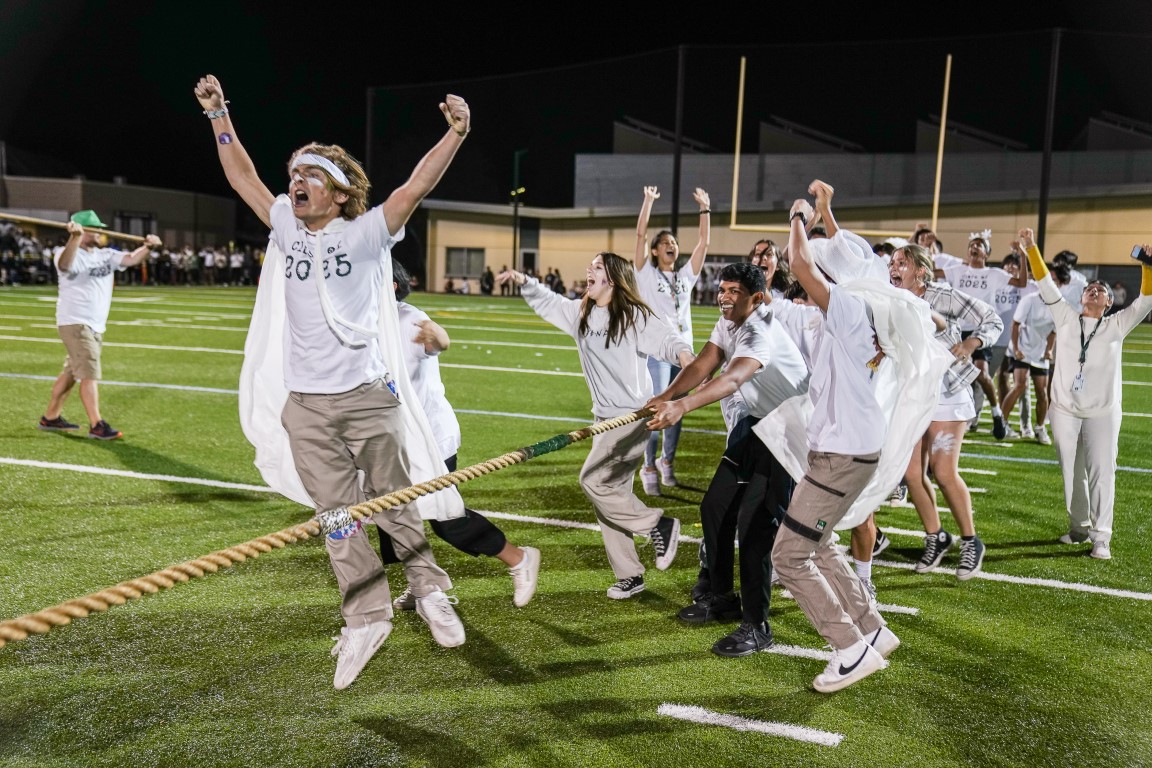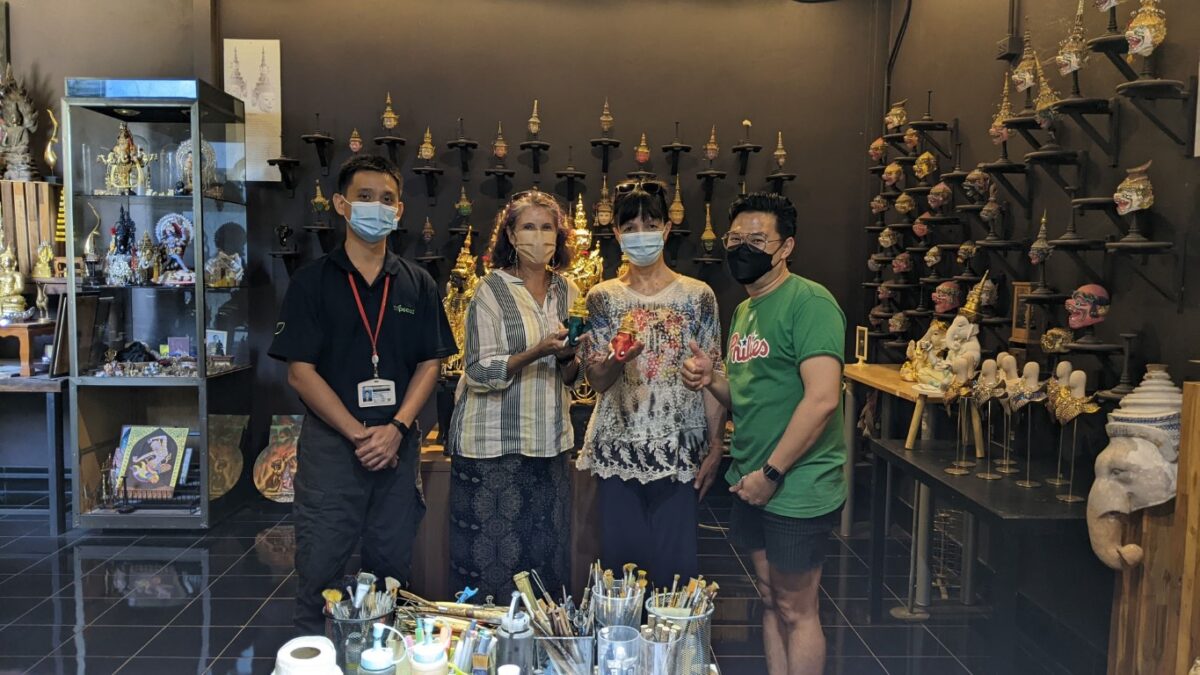The special slide show contains photo highlights from the spring 2023 athletics season.
Schoolwide
Gallery: Spring 2023 Performing Arts
The special slide show contains photos from every show performed during the spring 2023 performing arts season.
2023 Cancer Walk Raises Nearly $7,000 for Camp Okizu
The 2023 Cancer Walk drew 600 members of the Harker community to the middle school campus on April 27 to raise funds for Camp Okizu.
17th Research Symposium promotes “STEM for All”
The 17th Harker Research Symposium on April 15 brought hundreds from the Harker community to the upper school campus to view student research, hear from fascinating speakers, explore a variety of booths and exhibits and more.
Cantus closes 2022-23 HCS season on uplifting note
The Twin Cities-based vocal ensemble delivered a diverse and creatively arranged collection of songs.
Office of Communication video series wins CASE Best of District VII award
Harker’s Office of Communication (OOC) recently received a Best of District VII award from the Council for Advancement & Support of Education (CASE).
Donny McCaslin awes Patil Audience at Harker Concert Series
Saxophonist Donny McCaslin left the Patil Theater audience in awe at the second installment of the 2022-23 Harker Concert Series season.
Board of Fellows kickoff highlights achievements, launches new initiatives
Harker’s Board of Fellows kicked off their year tonight by hosting a special Head of School Gathering with Brian Yager, head of school, and invited members of Harker’s community of entrepreneurs and venture investment professionals, to attend.
Second annual Harker Day attended by thousands
ore than 3,500 Harker community members headed to the upper school campus this past Saturday for the second annual Harker Day.
Art teachers gain firsthand experience with Thai art and culture
This past summer, K-5 visual arts chair Gerry-louise Robinson and middle school art teacher Sofie Siegmann traveled to Thailand to learn more about the country’s art, culture and history through the Raju and Bala Vegesna Teacher Excellence Program.
